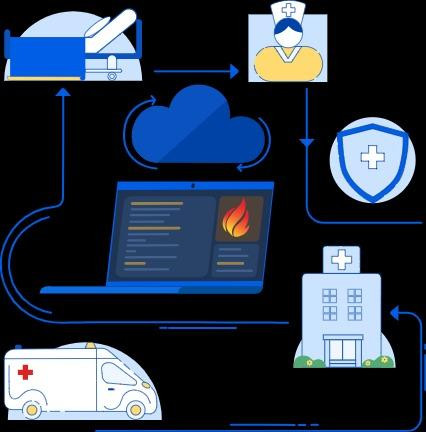Seamless FHIR Implementation Consulting for Future-Ready Healthcare
Seamless FHIR Implementation Consulting for Future-Ready Healthcare
Blog Article
FHIR (Fast Healthcare Interoperability Resources) has revolutionized the way healthcare systems exchange and manage patient data. Organizations looking to integrate this standard into their digital ecosystem require expert FHIR implementation consulting to ensure seamless adoption. A structured approach to implementation not only enhances interoperability but also strengthens compliance with regulatory frameworks.
At the core of any successful FHIR strategy is an efficient FHIR test server, which acts as a critical tool for validating data exchange and system interactions. Before deploying FHIR solutions in a live environment, organizations need a reliable testing framework to detect potential issues and optimize performance.
FHIR Implementation Consulting: Ensuring a Smooth Transition

The adoption of FHIR comes with challenges, including mapping legacy data structures, ensuring system compatibility, and maintaining data security. Expert consultants streamline this process by assessing existing infrastructure, defining integration strategies, and offering customized solutions to align with business needs. A well-planned approach reduces development costs and accelerates deployment timelines.
A successful FHIR implementation consulting service includes strategy development, API integration, data transformation, and compliance verification. Each step plays a crucial role in ensuring that health information systems function optimally while adhering to international interoperability standards. By leveraging expert guidance, organizations can mitigate risks and optimize workflows to enhance patient care.
FHIR Test Server: The Backbone of System Validation
Before rolling out FHIR-enabled applications, rigorous testing is essential to ensure data accuracy and system efficiency. A well-configured FHIR test server provides a controlled environment for developers to simulate real-world scenarios, validate APIs, and debug potential integration issues. It also helps organizations maintain compliance with evolving healthcare regulations.
Testing ensures that different healthcare applications communicate seamlessly, reducing discrepancies in patient records and improving overall healthcare delivery. Organizations that invest in a robust testing framework can prevent costly post-deployment issues and maintain the integrity of their data exchange processes.
As digital health continues to evolve, businesses seeking scalable and compliant FHIR solutions must prioritize expert consultation and rigorous testing. Whether implementing FHIR from scratch or enhancing existing systems, a structured approach ensures long-term success in healthcare interoperability.